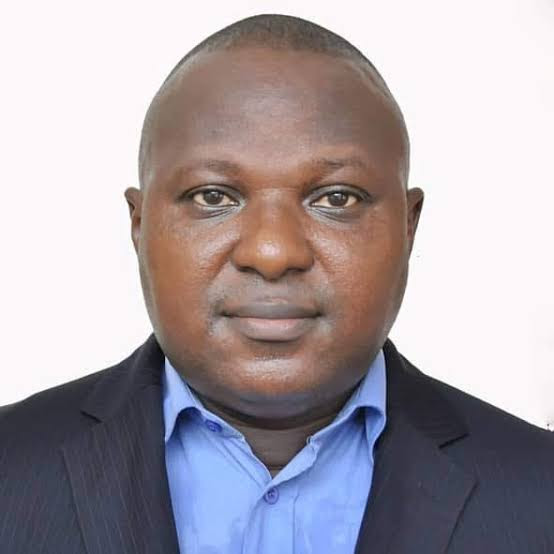In its message to mark the world day of awareness against human trafficking 2021, Journalists International Forum for Migration(JIFORM) has charged that “every hand must be on the deck in Africa and other continents to halt the heineous crime against humanity.”
Said Ajibola Abayomi, President of JIFORM, “everyJanuary 11, being a date set aside for awareness against human trafficking gathers momentum from the US since 2000 to the other parts of world, to this end, every hand must be on the deck in Africa and other continents to halt the heineous crime against humanity.”
While declaring support for the day as a prelude to the July 30 World Anti-human Trafficking day initiated by the United Nations in 2013 as the media foundation prepares to host the African migration summit in partnership with the NEKOTECH Center for Excellence in Ghana by February this year.
“The Blue Heart campaign for 2021 Anti-human trafficking awareness represents the sadness of those who were trafficked, it’s reminds us of the cold-heartedness of those who buy and sell fellow human beings,” he stated.
Abayomi called for multi dimensional approaches from nations to tackle human trafficking, a form of modern day slavery, that involves the illegal trading of people for exploitation or commercial gains rated $150 billion as second largest crime network according to the UN.
JIFORM called for more supports for anti-human trafficking agencies coupled with intra/inter-agency collaborations within and outside nations.
According to Abayomi, “as a way out, the continent needs deliberate and sincere steps to revamp it’s economy in order to eradicate poverty, youths/women empowerment and creation of multilateral platforms expecially between Africa and the Middle East to facilitate negotiation of decent work for African migrants as being championed by Dr Princess A.K Ocansey, a member of the African Union Labour Migration Advisory Commiittee from Ghana.”

Noting that Government of Nigeria deserves a path on the back for the commendable fight against human trafficking over the years through the National Agency for Prohibition of Trafficking In Persons (NAPTIP), JIFORM however said there were still gaps to cover in the areas of preventive tactics, full committement to financial needs and budget of NAPTIP and upgrading of the agency as both uniform cum arm bearing outfit.
“Africa, starting from Nigeria, the most populous black nation that ranks 32 out 167 countries with highest numbers of slaves put at 1,386,000 is in the dire need of realistic economic strategy to achieve it’s 2063 agenda particularly the 20th agenda on the frame work that anticipated the continent to take full responsibility for her financing and development including incomes, jobs, decent work, action against poverty, inequality, hunger and social security.
“The fact remains that two thirds of the money from the illicit human trafficking figure ($99 billion) is generated from commercial sexual exploitation, while another $51 billion results from forced economic exploitation, including domestic work, agriculture and other economic activities through the smuggling routes from East, North and West Africa to Europe is said to generate $150 million in annual profits ( $35 billion globally) for human trafficking.
“Further to the UN’s report which positioned Africa as the prevalent zone recording 9.24 million slaves with high vulnerability as one of the most affected zones of human trafficking estimated by the Global Slavery Index in July 2018 indicated that there were 40.3 million victims of modern slavery worldwide, 71 percent of whom are women and girls and 25 percent of which are children.
“As at January 7, 2019, the number of children in slavery at almost 1/3 of all global victims.) 99 percent of the 4.8 million victims of commercial sexual exploitation in 2016 were women and girls, with one in five being children (ILO, 2017). Women and girls represented 84 percent of the 15.4 million people in forced marriages, and 59 percent of 5 those in private forced labour stated by Alliance 2017 Report, of these lots, African are in large numbers,” Ajibola concluded.















Discussion about this post